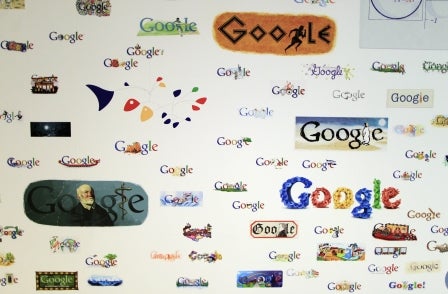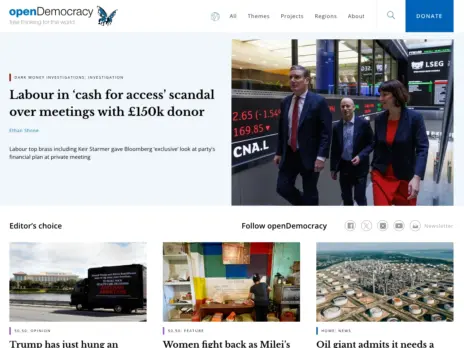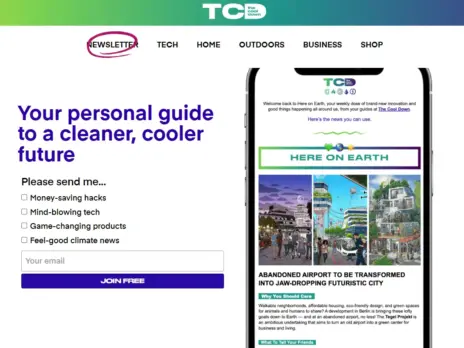
Google, Twitter and Facebook have undoubtedly bestowed huge benefits upon the journalism industry.
They send our websites massive amounts of traffic and are obviously great sources of news and information.
But they are also the biggest competitors for traditional publishers when it comes to the fight for online audience and advertising.
The latest row over violent threats issued against women via Twitter illustrates the extent to which this battle between new media and old is an uneven and an unfair one.
Twitter has belatedly promised to take action to improve the way it deals with unsavoury posts by including a "report abuse" button in its software. But it looks unlikely that it will employ the army of moderators who would be needed for it start taking any meaningful interest in what it publishes.
The three internet giants are huge publishers in their own right, but they exercise their power without any of the responsibility of a conventional news website.
While UK newspapers are governed by the Press Complaints Commission, and broadcasters by Ofcom, the web giants have almost no regulation. The digital giants don't even have to worry about libel, privacy or contempt of court.
They breach anonymity orders for the victims of crime, allow people to be threatened, injunctions to be breached and reputations to be unfairly and anonymously trashed.
This year Google became the biggest media company in the world, according to ZenithOptimedia, with revenue of $37.9bn (versus third-placed News Corp on $26.4bn). Twitter is thought to be worth around $10bn and Facebook $86bn.
These giants publish what they will with impunity and rake in the profits.
Veteran journalist Paul Martin has been covering the Middle East for 35 years and in recent years he has become a target for bloggers who disagree with some of the truths he has uncovered about Palestine and Israel. If you Google his name, you will find baseless allegations that he is a charlatan, fabricator and pro-Hamas (or pro-Israel) stooge on the first page of results. He has taken issue with this only to be told by Google that it can do nothing unless he takes expensive legal action. This is a state of affairs which could prove fatal for Martin if he were to be taken hostage by an armed group, something which is not unlikely in his line of work.
Whereas newspapers are expensively staffed by human beings paid to make calls about what is appropriate to publish – Google relies on its secret algorithm, some awesome computing power and a reluctance (so far) for copyright holders worldwide to stop it from indexing their content.
Last year a UK judge ruled that even when it comes to Google’s own Blogger platform, the web giant has no more responsibility over its content than the owner of a wall has over the graffiti that appears on it. The same principle appears to apply to Facebook and Twitter.
Google’s 90 per cent share of the UK internet search market is a monopoly position which would not be tolerated in any other aspect of the media: TV, regional or national newspapers, even books.
Its £2bn annual UK profits undoubtedly includes a large portion of the UK advertising pie which would have previously supported thousands of journalism jobs.
At this stage of the UK’s fragile financial recovery, the Government is reluctant to upset the biggest players in our increasingly digital economy.
But at a time when it wants to place ever more regulatory controls on the newspaper and magazine industry, why are the new digital publishing giants being given such a free hand?
It's time to create a level playing field for content publishers. Either we allow a digital Wild West where anything goes, and we leave lawyers and police to deal with the worst excesses. Or we create a level playing field where all those who profit from publishing content must also take resonsibility.
Email pged@pressgazette.co.uk to point out mistakes, provide story tips or send in a letter for publication on our "Letters Page" blog






